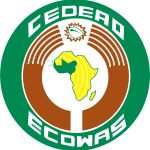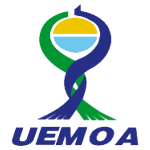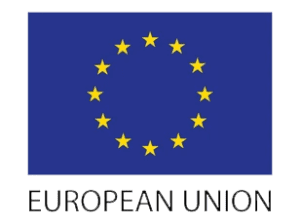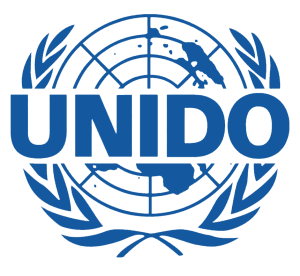
About 1.5 million tons of mangoes are produced in West Africa annually representing about 4 per cent of global production according to the West and Central African Council for Agricultural Research and Development. From 2014 to 2019, the total quantity of mangoes exported by West African countries to the European Union market has increased for 40 per cent and the rejects have fallen by 57 per cent based on collected data (Fruit Fly Control Project, 2019). Exports from the region include fresh mangoes, mango juice, mango pulps and dried mangoes. The mango pulps are the first entrant for the production of juice, supporting its production will significantly boost the integration of the region into mango global value chain
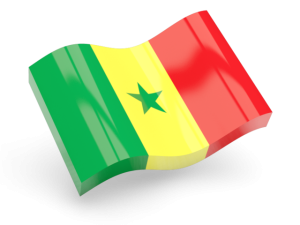
Senegal
Mango is Senegal’s first horticultural export product. Recent trends suggest strong potential for further export, employment and income expansion in the mango value chain. In particular, Senegalese mango exports to the EU have more than doubled over the last 5 years. Expanding this trend could support significant employment creation and income generation. The project will organise producers of the mango sector into cooperative societies, ensuring equal access of female and male producers, in order to increase their capacity to produce, process and export mango on foreign markets.

Guinea Bissau
With the growing demand for African Mango, Guinea Bissau joined other West African Countries to form a group called West African Regional Mango Alliance/ l’Alliance Régionale de la Mangue de l’Afrique de l’Ouest (WARMA/ARMAO). This step was carried out with the aim of developing a Mango Value Chain within member countries. This is also to educate actors in the value chain better on how to get the best out of their investment in Mango production. With almost all Mango production is in the hands of local producers, the focus on mango will further improve the Mango value chain in Guinea Bissau, employment and income generation among local farmers and other actors.

